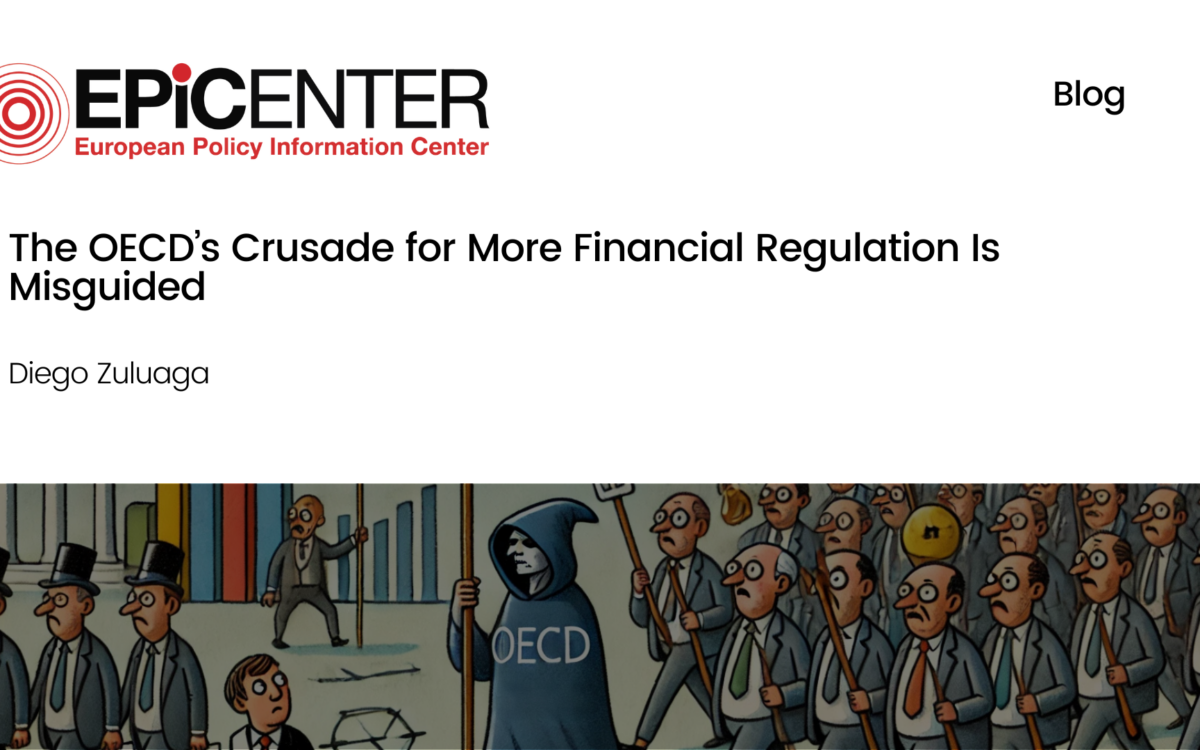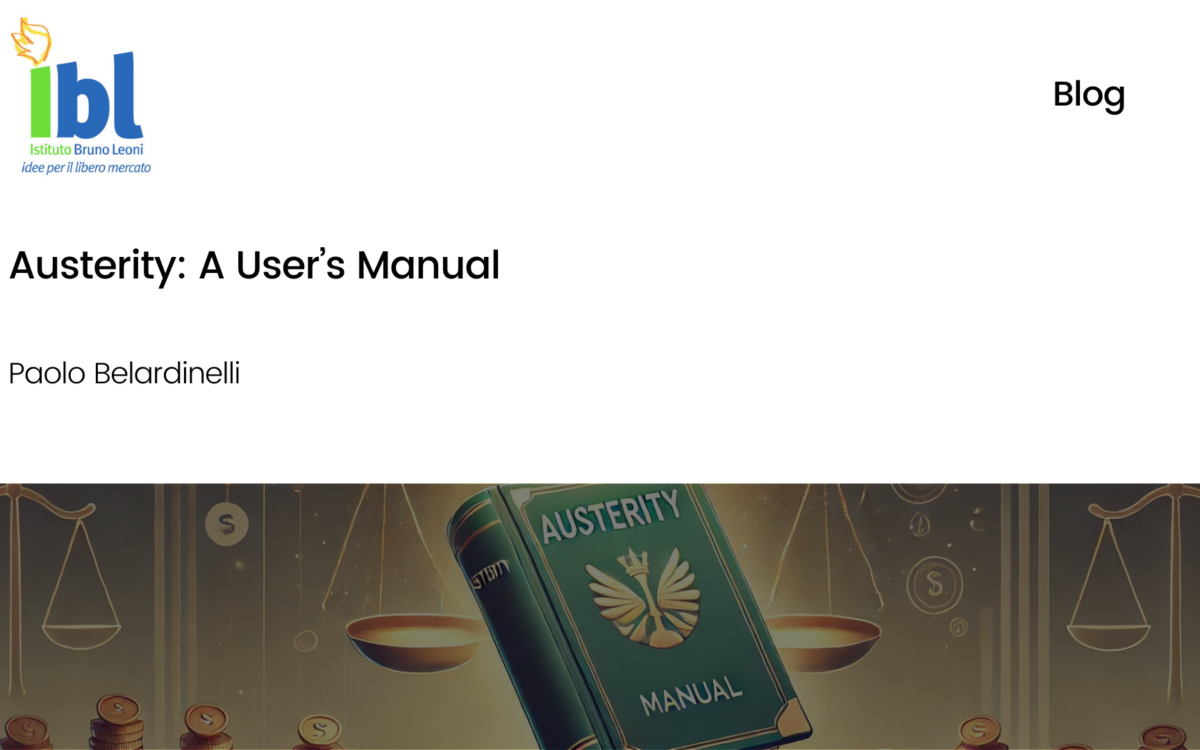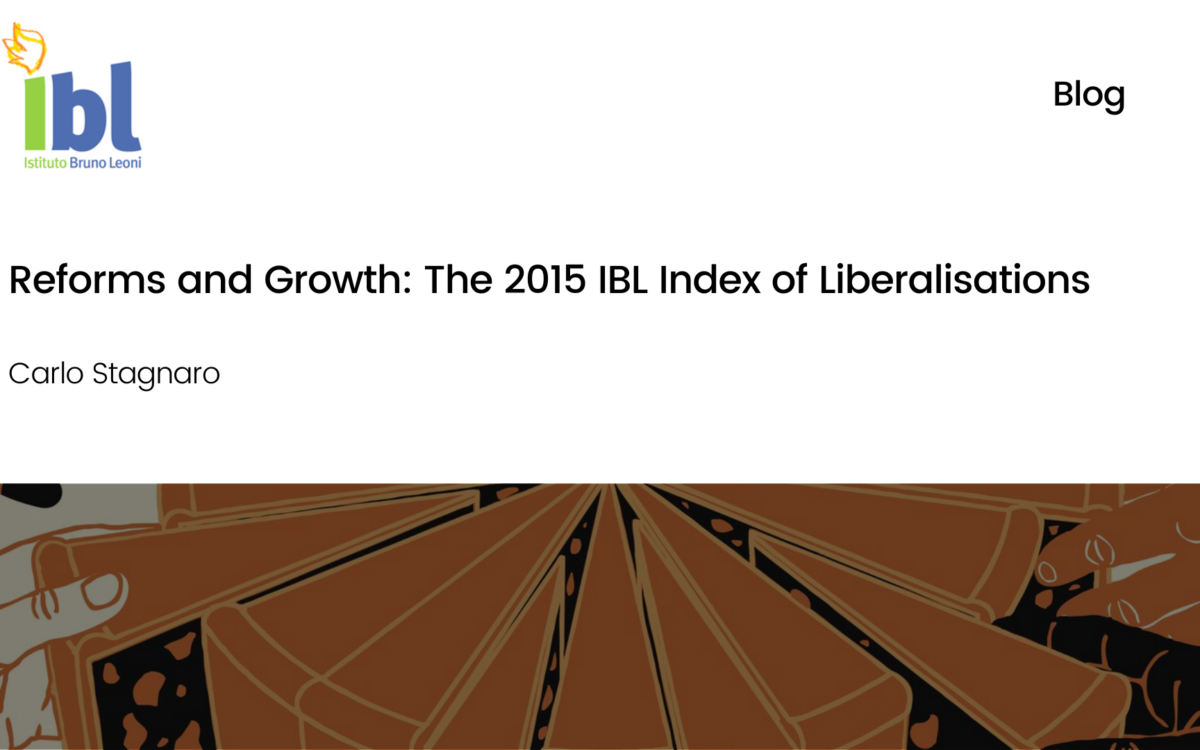May 3, 2016
When former Prime Minister José Luis Rodríguez Zapatero and his Socialist party (PSOE) took office in early 2008, they argued that Spain was not entering an economic crisis, in spite of the fact that all macroeconomic indicators pointed to the contrary.








